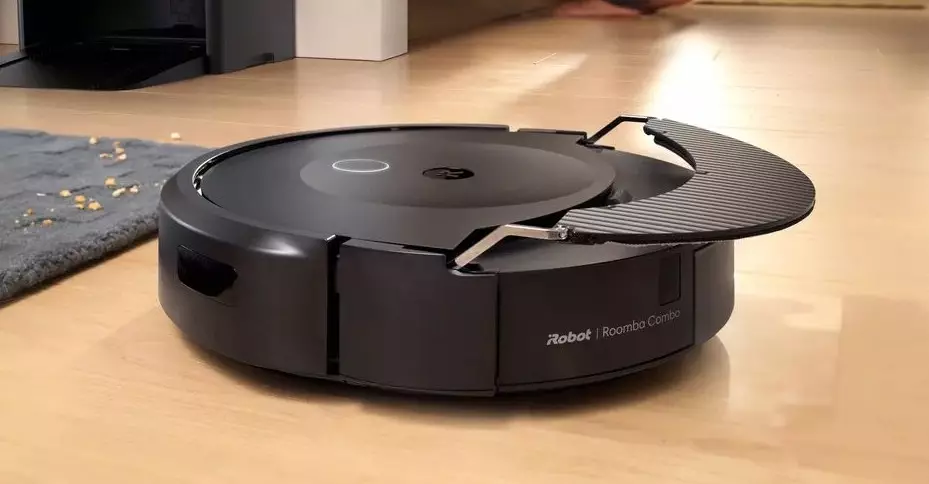The recent launch of Apple’s iOS 18.4 sparked newfound excitement among tech enthusiasts, particularly in the realm of home automation. While Apple has a storied history of setting the bar for user experience, this latest update elevates it even further by introducing compatibility with popular robot vacuums from brands like Roborock, iRobot, and Ecovacs. The integration of the Matter protocol is a game-changer, ensuring that smart home devices work seamlessly across platforms—a long-awaited breakthrough for consumers who have found themselves frustrated by the incompatibility of devices from different manufacturers.
The addition of support for robot vacuums signifies a strategic move by Apple to enhance the functionality of its Home app, and this update changes the dynamics of how we interact with our cleaning devices. Users can now effectively integrate their robotic cleaners into home automations and scenes, which adds layers of convenience that modern households crave.
A Force for Cooperation: The Matter Protocol
The rollout of the Matter protocol with iOS 18.4 aims to eliminate the barriers often faced when using smart home devices. Previously, homeowners might have hesitated to invest in a robot vacuum due to concerns about its compatibility with their existing smart home system. With Matter, those worries are alleviated. The protocol allows for a framework that enhances communication between devices, which translates to a more cohesive tech ecosystem.
In practice, this means users can now control their robot vacuums through their iPhones, Apple Watches, HomePods, and iPads with a few taps on the screen or simple voice commands to Siri. This approach serves not just to streamline control but also to enhance user engagement. Imagine coming home after a long day, simply saying, “Siri, start vacuuming,” and having your home tidied up while you unwind. The marriage of convenience and efficiency has never been more appealing.
Embracing the Future: Major Players in Smart Cleaning
The manufacturers—Roborock, iRobot, and Ecovacs—are quickly seizing the opportunity presented by Apple’s update to remain relevant in an increasingly competitive market. Roborock is particularly noteworthy for its ambitious firmware update plans that include various models recognized for their high performance. Devices like the S8 MaxV Ultra and the Saros series are set to benefit significantly from enhanced Matter support.
Likewise, iRobot’s Roomba Combo 10 Max is stepping onto the field with compliance to the Matter protocol, indicating a proactive approach in the evolving landscape of smart home technology. No longer are these devices isolated units; they are now cohesive components of an interconnected home. The ability of users to set cleaning schedules and customize operations through Apple’s Home app creates opportunities for personalized user experiences that were previously unattainable.
Different Shades of Cleaning: Constraints and Opportunities
It is essential to recognize, however, that while Matter significantly enhances functionality by allowing basic control—like initiating cleanings and selecting rooms to be vacuumed—it does not cover everything. Advanced features such as mapping and configuring cleaning zones remain tethered to their respective manufacturers’ proprietary apps. This limitation could be seen as a drawback in the long run, but it also showcases the manufacturers’ desire to maintain some control over their technologies.
For consumers, this means a dual-layered approach wherein a robust basic command functionality is supported by deeper, unique features available through specific applications. Balancing these facets creates a more nuanced consumer experience, allowing users to tailor their optimization strategies depending on their preferences.
The Emerging Landscape of Home Automation
IOS 18.4 updates are more than just software enhancements; they are shaping a vision for the future of home automation where synergy is prioritized. As the barriers between differing smart home devices diminish, we can expect an evolution in user expectations and experiences. The legacy of Apple, bolstered by the cooperation of leading robot vacuum manufacturers, hints at a future where technology can reclaim our time and make autonomous cleaning more accessible and intuitive than ever before. This shift signifies not just better cleaning technology but a smarter way to live.

